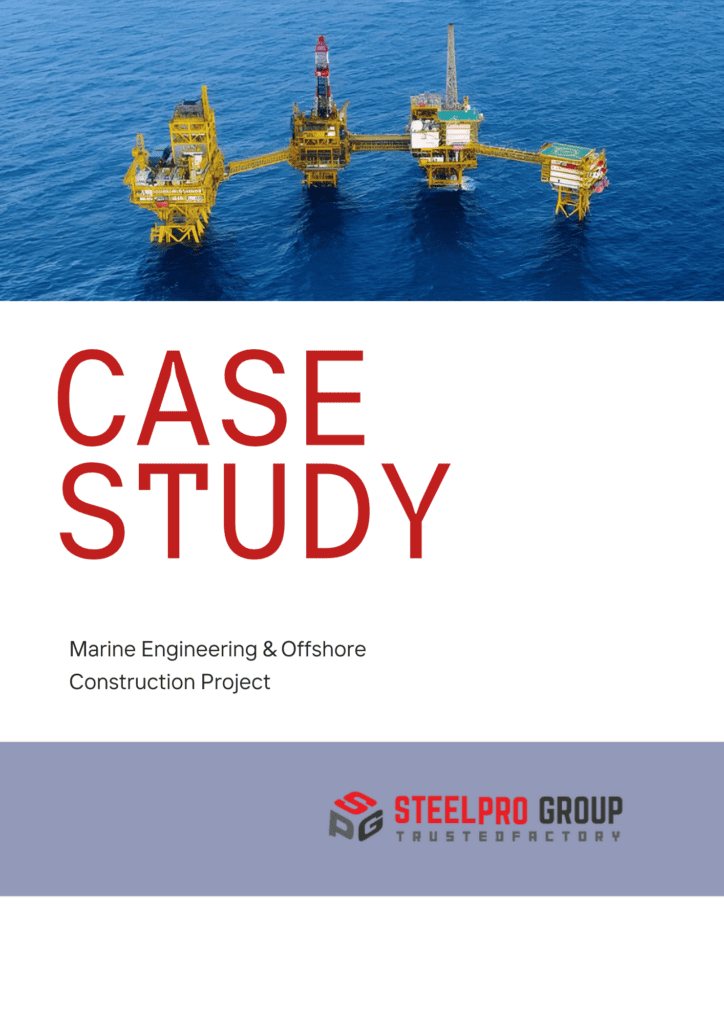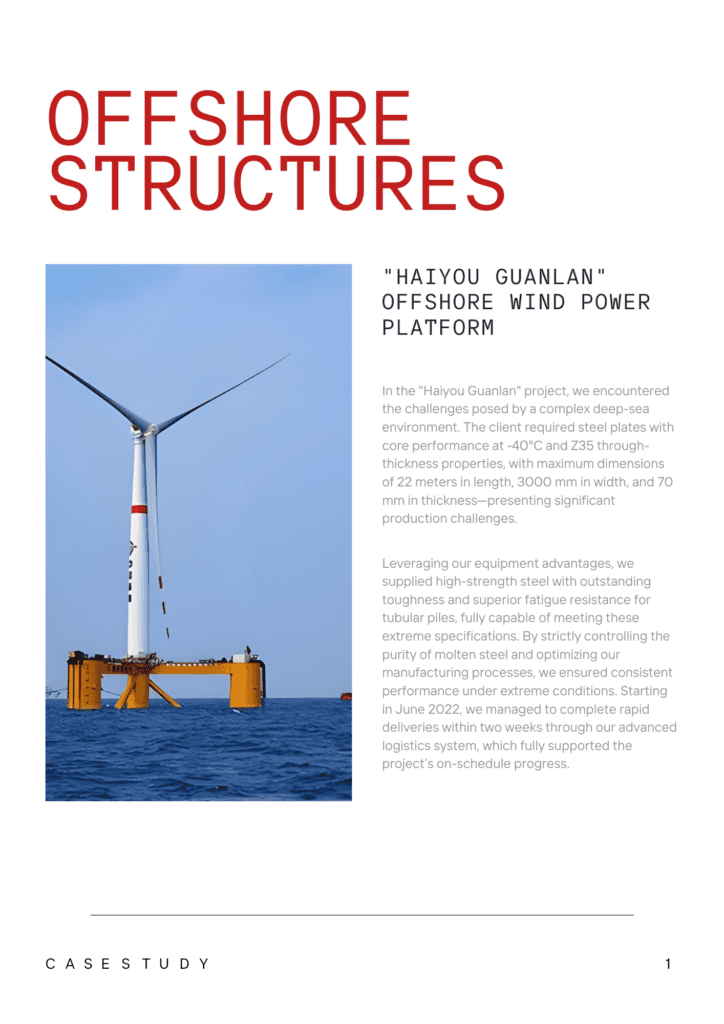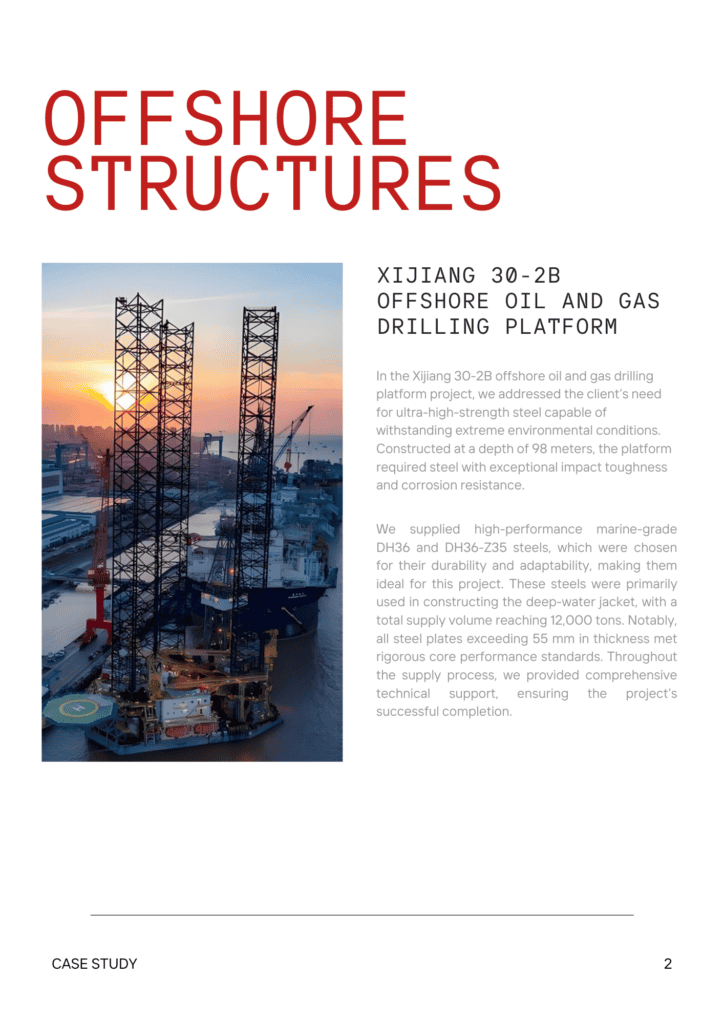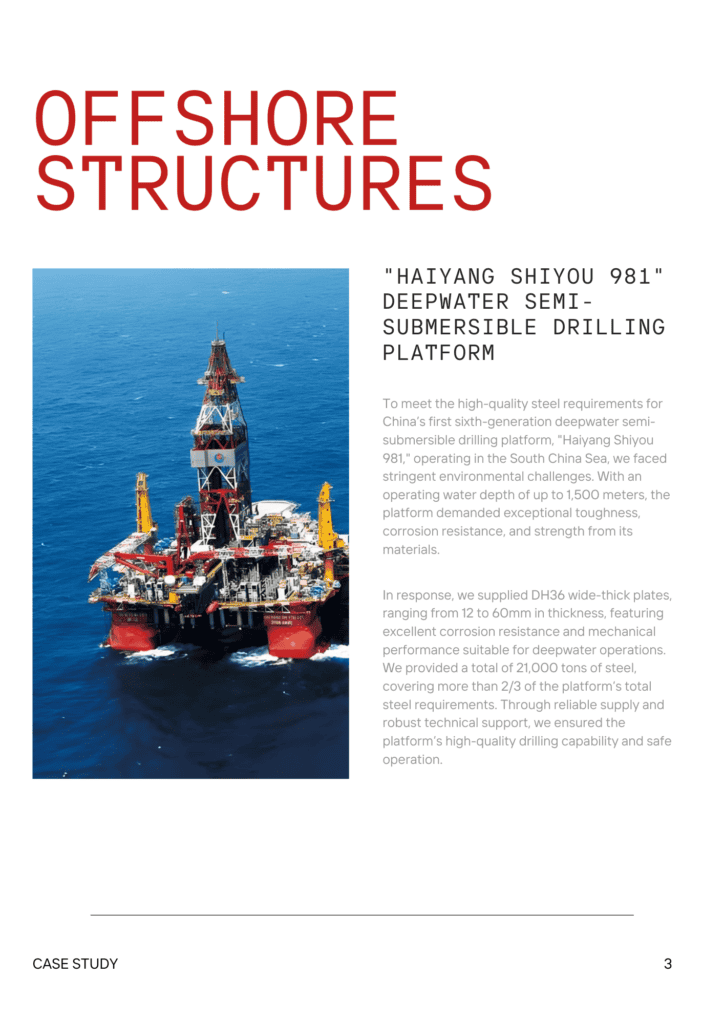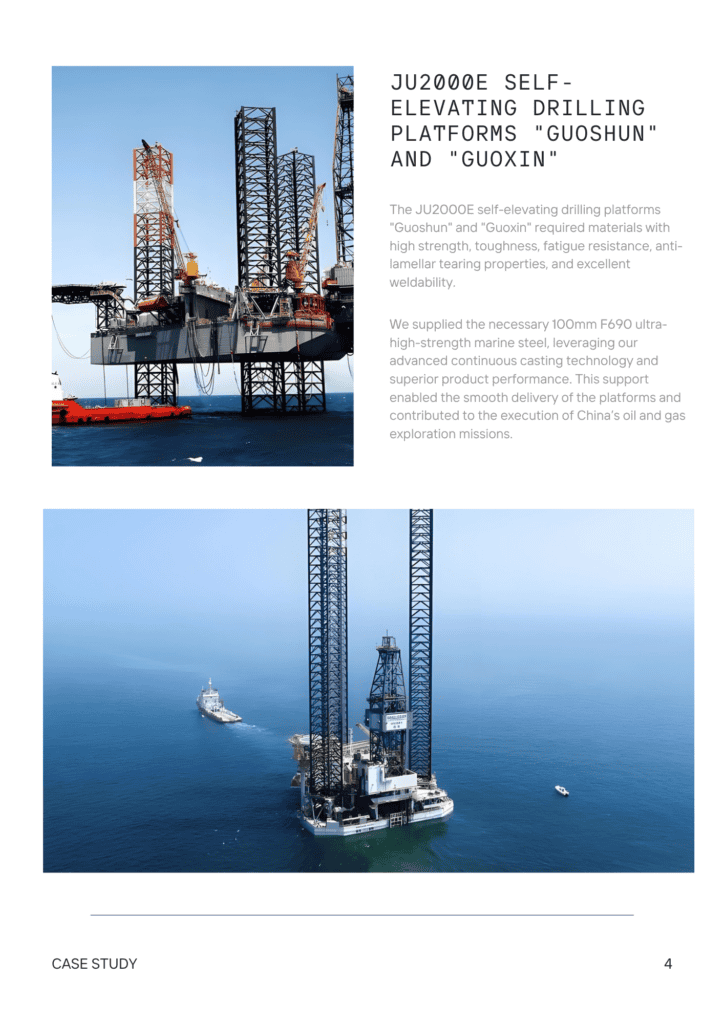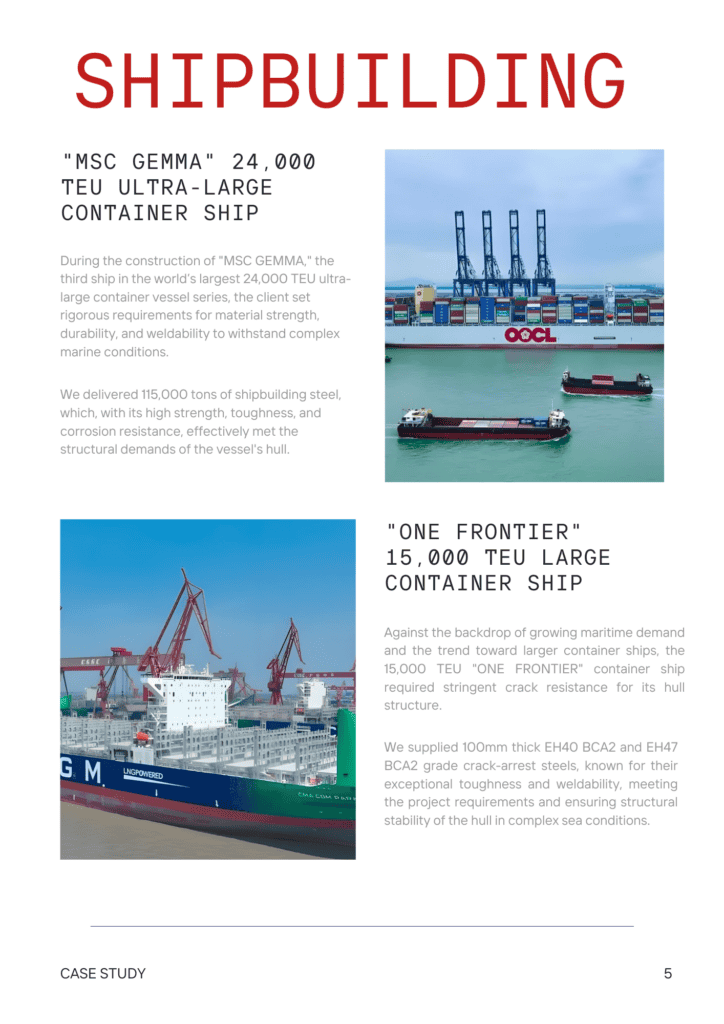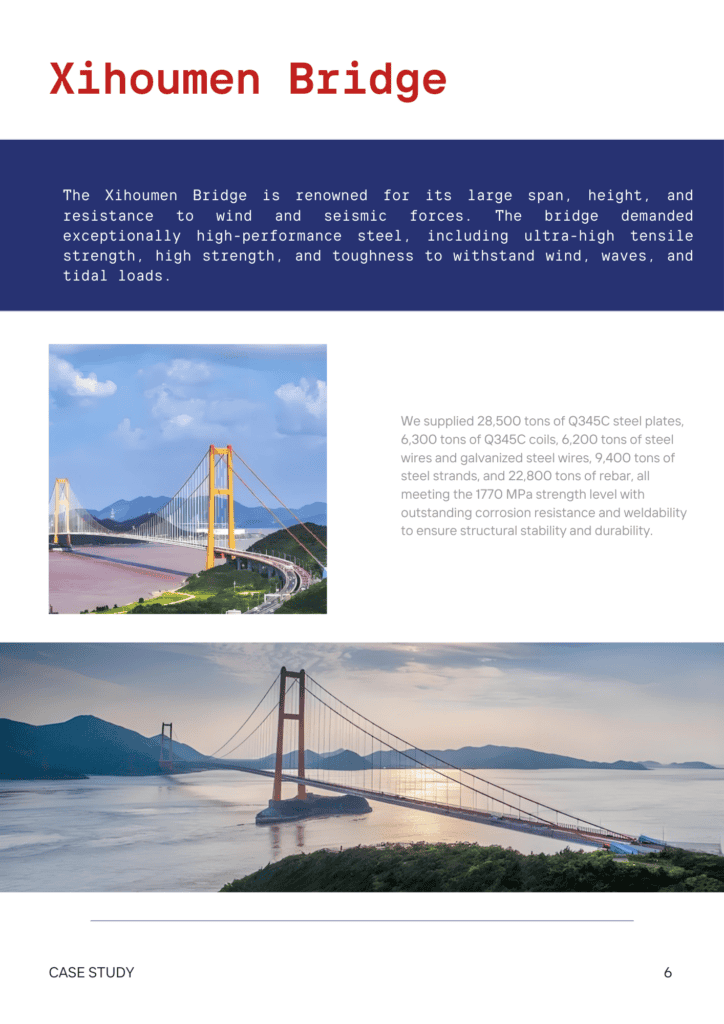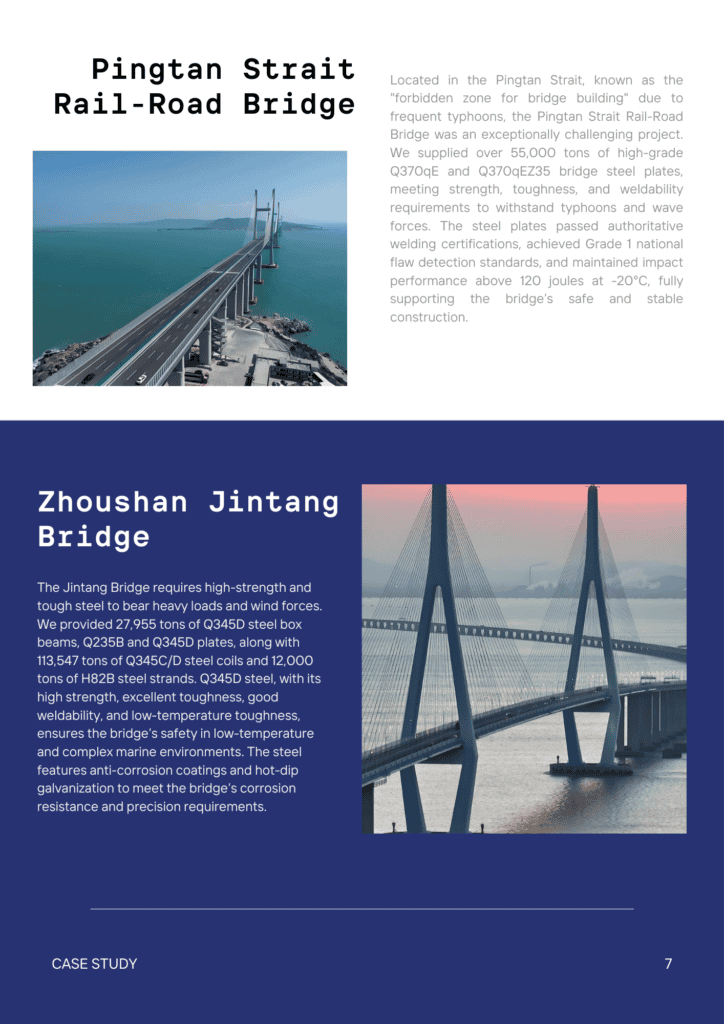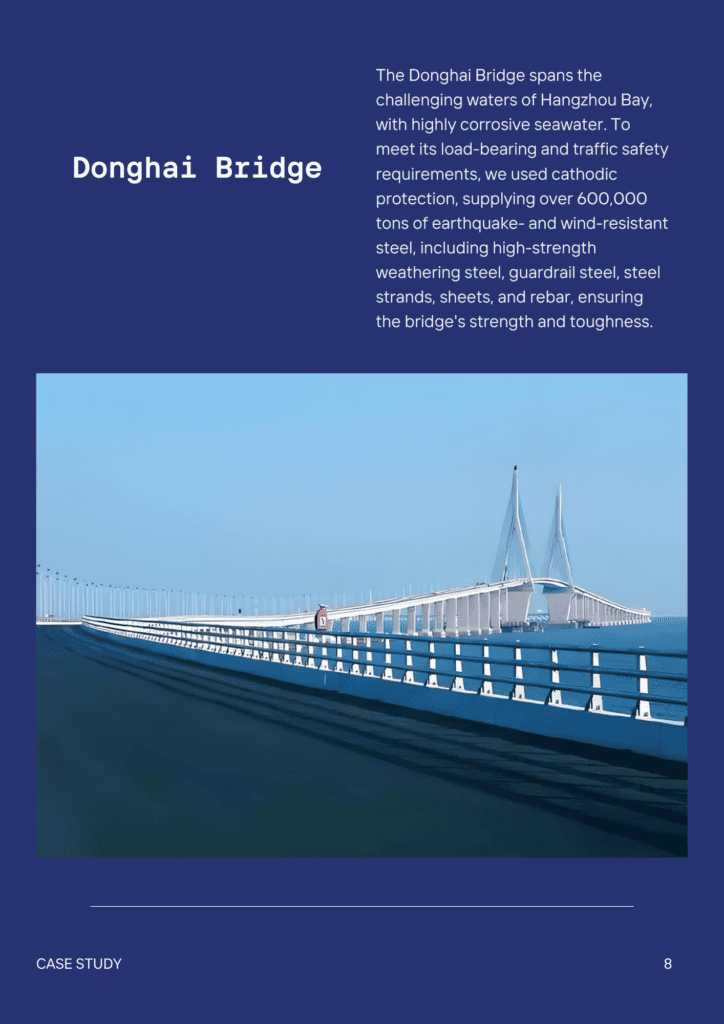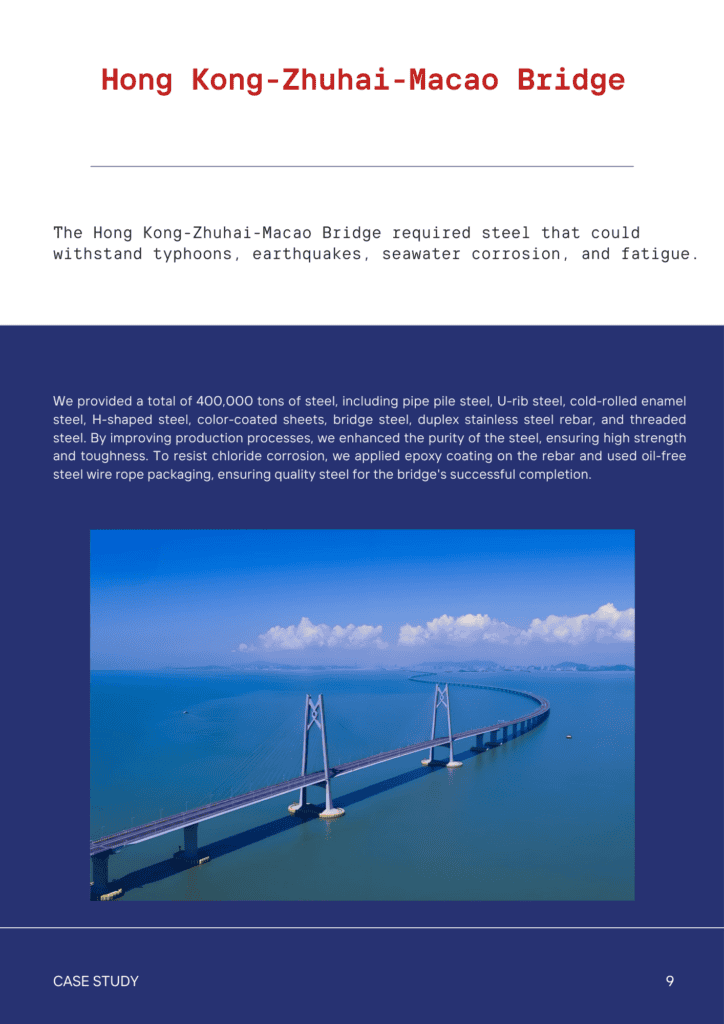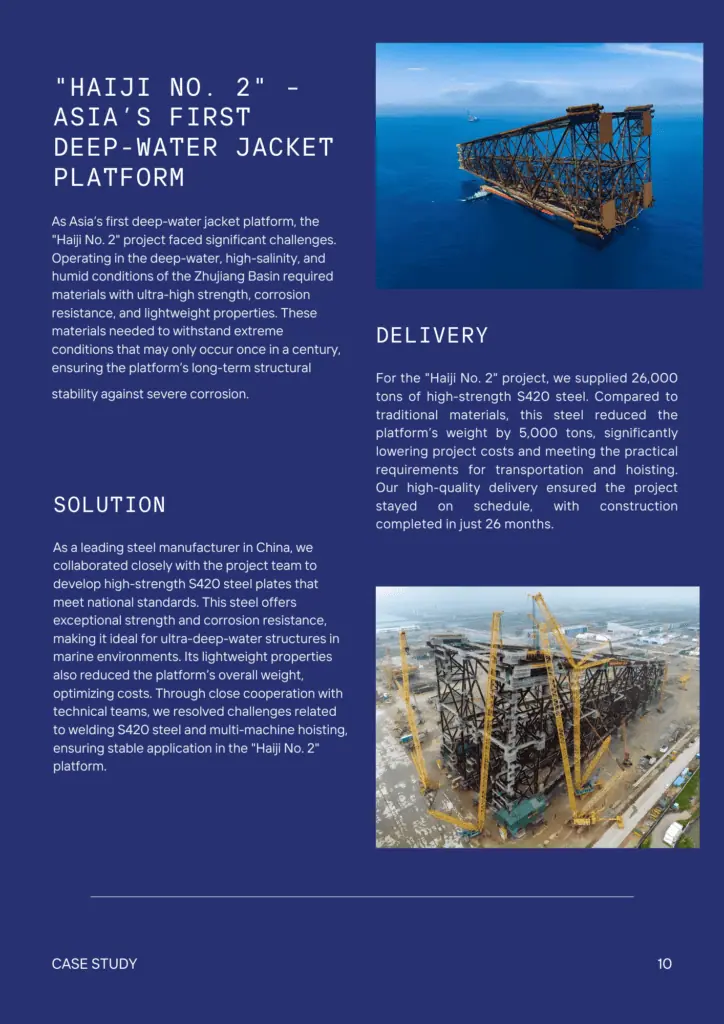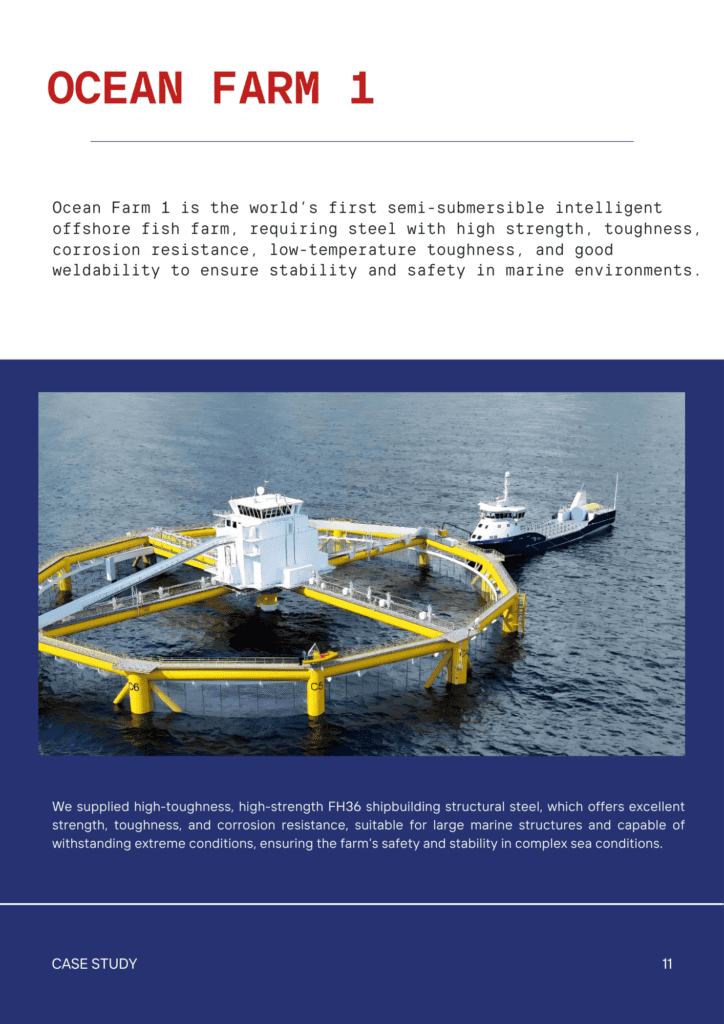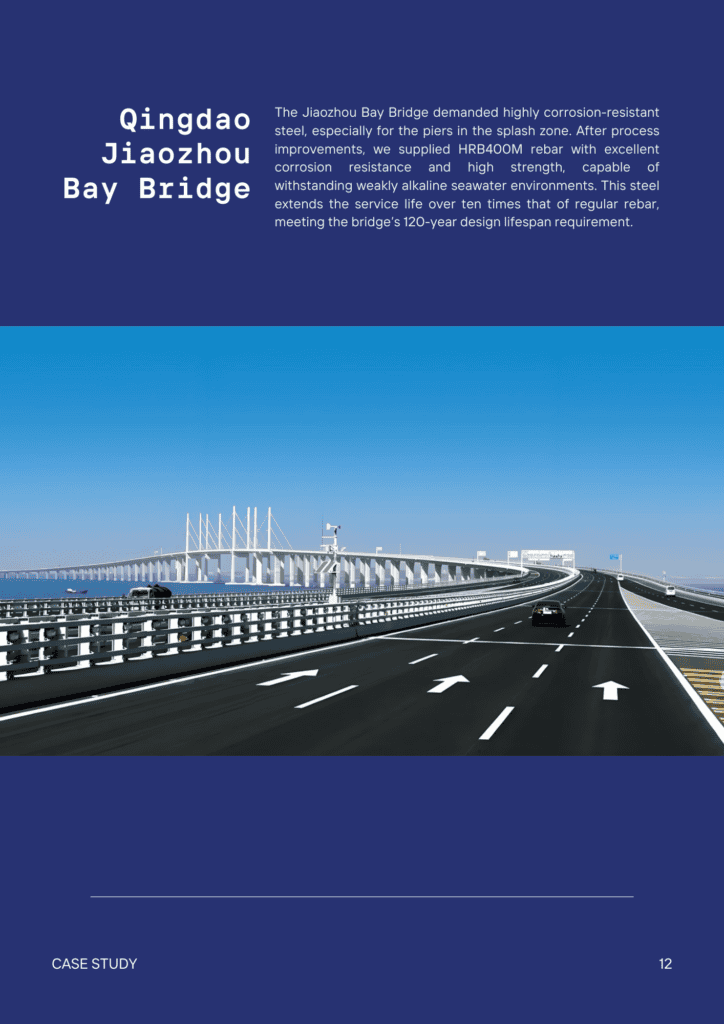Introduction to Pipeline Steel
Pipeline steel is specially designed to transport oil, gas, and water over long distances. It is known for its high strength, durability, and resistance to corrosion and harsh environments. Typically made from carbon steel, this material ensures the safety and efficiency of steel pipes.
Pipeline steel grades vary, with higher grades offering more strength and toughness. For example, X70 steel can handle high-pressure applications, making it ideal for gas transmission. The steel’s weldability and toughness at low temperatures are crucial for seamless and safe welded pipe construction.
Pipeline steel is essential for the oil and gas industry, ensuring reliable infrastructure. The right chemical composition and wall thickness helps prevent brittle fracture, maintaining the pipe’s integrity.
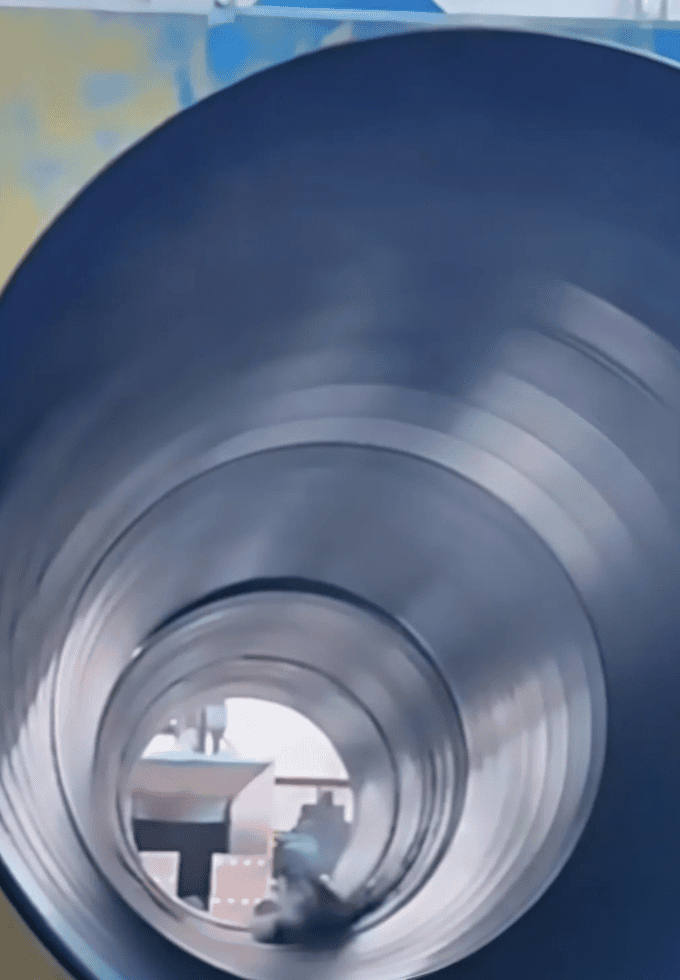
Benefits of Pipeline Steel
- High strength while retaining flexibility
- Increased durability with resistance to wear and corrosion
- Reduced weight for easier handling and installation
- Cost-effectiveness due to lower maintenance needs
- Easy weldability for faster and more secure construction
- High toughness to withstand harsh environmental conditions and impacts
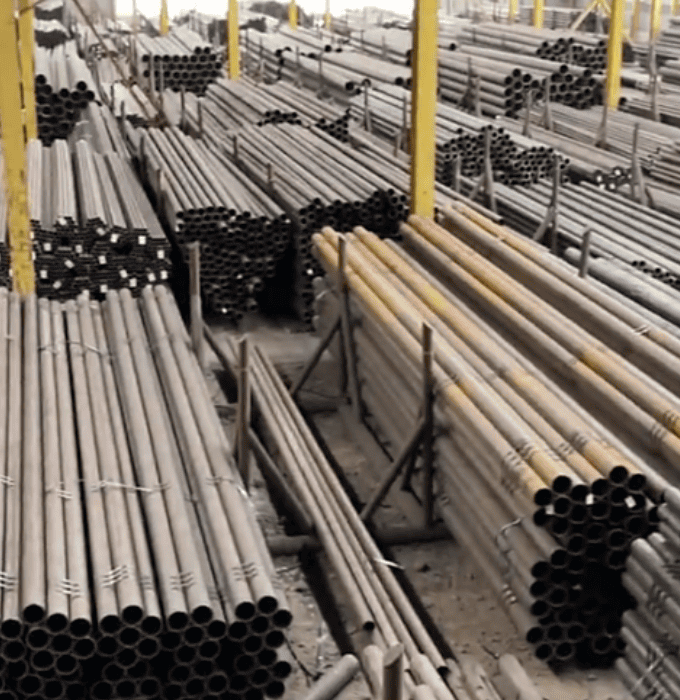
Types and Grades of Pipeline Steel
- API 5L Grades (PSL1):
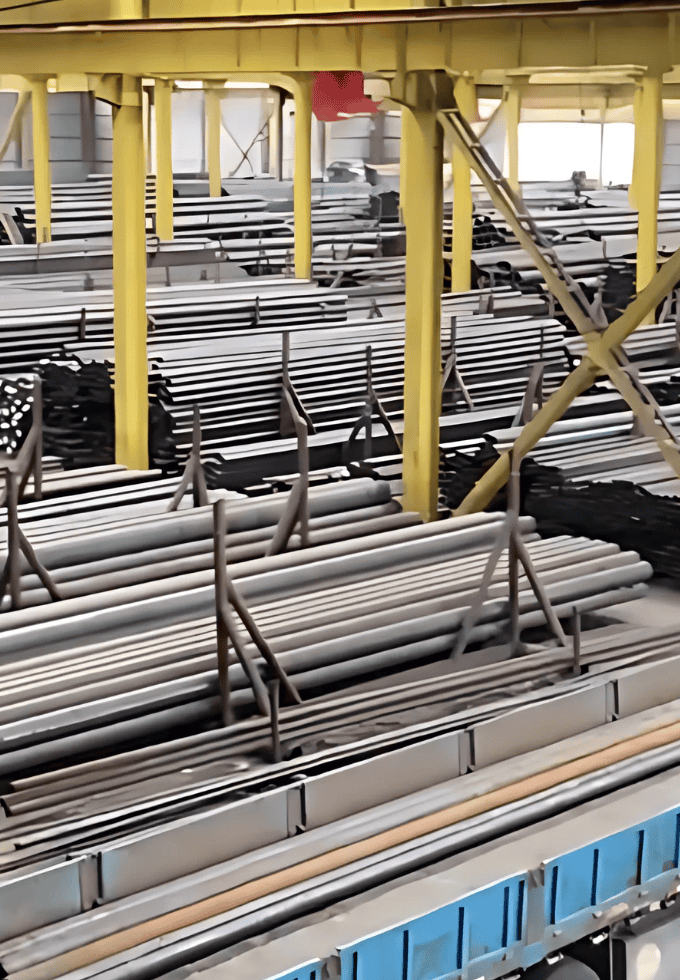
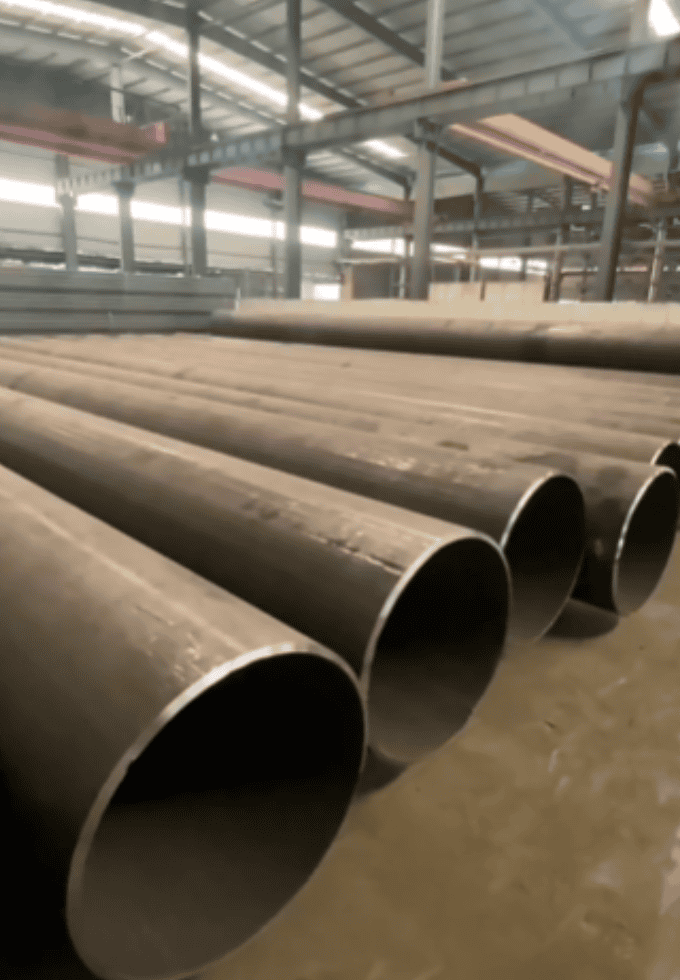
Industries & Applications
Some common industries and applications include:
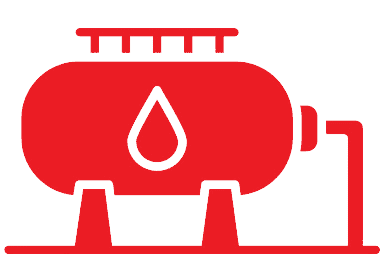
Oil and Gas
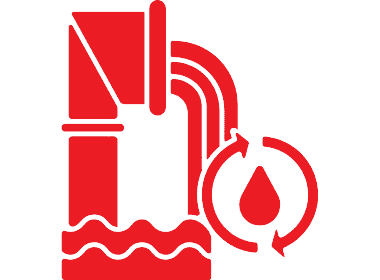
Water Supply

Chemical Industry

Energy
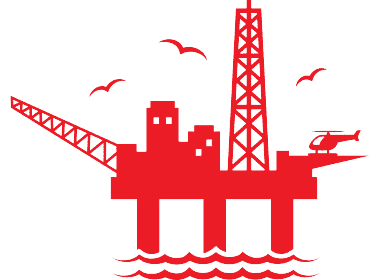
Mining

District Heating
Dimensions & Properties
Pipeline Steel When & Where You Need It
Here, you get more than just quality steel. With multiple facilities across the country capable of providing high-strength steels, we can also work with you to manage your inventory, ensuring you get product when and where you need it to keep your production running.
Explore Our Available Steel Products & Grades
Our knowledge and experience give nearly 100% accurate delivery of High Carbon, Low Carbon, Stainless Steel products processed and packaged to your exact specifications.
What material is used for pipeline steel?
Carbon steel is commonly used for pipeline construction.
What grade of steel is used in pipelines?
X60 grade steel is often used for pipelines.
What is the strongest steel pipe?
Alloy steel pipes are generally considered the strongest due to their high strength and durability.
Which is stronger, solid steel or hollow steel pipe?
Solid steel is stronger in terms of load-bearing capacity, but hollow steel pipes are more efficient in weight-to-strength ratio.
Which steel is used in gas pipelines?
Carbon steel, specifically grades like X60 or X65, is typically used for gas pipelines.


